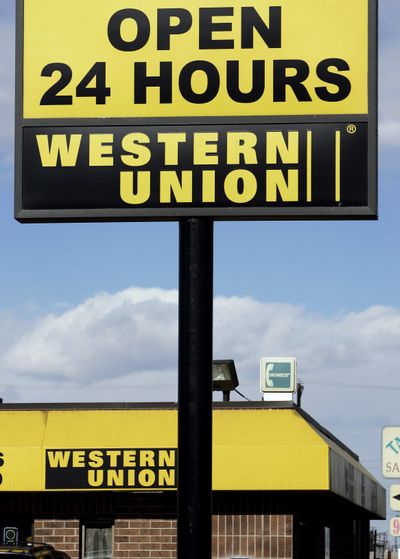Motley Fool: Western Union still delivers winning brand

Consider Western Union (NYSE: WU). It has durable competitive advantages based on network, scale, brand and regulations. Increased global migration and a large percentage of the unbanked in emerging markets are creating significant demand for money transfers. The company meets this demand with convenient, flexible, cost-effective transfers.
Western Union’s network of more than 485,000 agents in 200 countries is the largest in the industry. To put that in perspective globally, for every McDonald’s restaurant, there are more than 15 Western Union vendors. Additionally, Western Union processes about four times the transactions of its closest competitor. The Western Union brand is the most recognized in the industry.
Meanwhile, the United Nations estimates that there are 214 million migrant workers across the globe, an increase of about 37 percent in two decades. These folks usually need to send money home. According to World Bank estimates, officially recorded remittance flows in 2010 totaled more than $440 billion worldwide. With a 20 percent market share of that, Western Union has significant room for growth.
Western Union can transfer $200 across the globe for a transaction fee of 3 percent to 6 percent.
Best of all, the stock seems attractively priced, and sports a dividend yield near 2.2 percent.
Ask the Fool
Q: How are “large-cap” or “small-cap” companies defined? – M.L., Medford, Ore.
A: There’s no universal definition, but here’s one rough take: If a company’s capitalization is $5 billion or higher, call it a large-cap; between $1 billion and $5 billion, a mid-cap; $250 million to $1 billion, a small-cap; and less than $250 million, a micro-cap. Walgreen and Alcoa are large-caps, while TiVo is a mid-cap.
My dumbest investment
My dumbest investment was believing B.S. from my brokerage and loading up on options for a networking company that was rumored to be a takeover target. The takeover did happen, but not before the options expired, worthless. Trading commodities was another dumb idea. – George, Ottawa, Canada
The Fool responds: For starters, think twice before investing in a company simply because it may be an acquisition target. The buyout may never happen, after all. Still, many companies are deemed takeover targets because they have a lot of potential, perhaps due to their proprietary technology or the growth prospects for their offerings. It can be profitable to dig deeper into such targets to see how well you think they might grow on their own.
Be careful with options, too. There are very risky and less risky ways to use them. Remember that most options expire unexercised and worthless, largely because of their short life spans. A takeover target might indeed be acquired, but by investing in options instead of the actual stock, you need the takeover to happen within a certain short period.